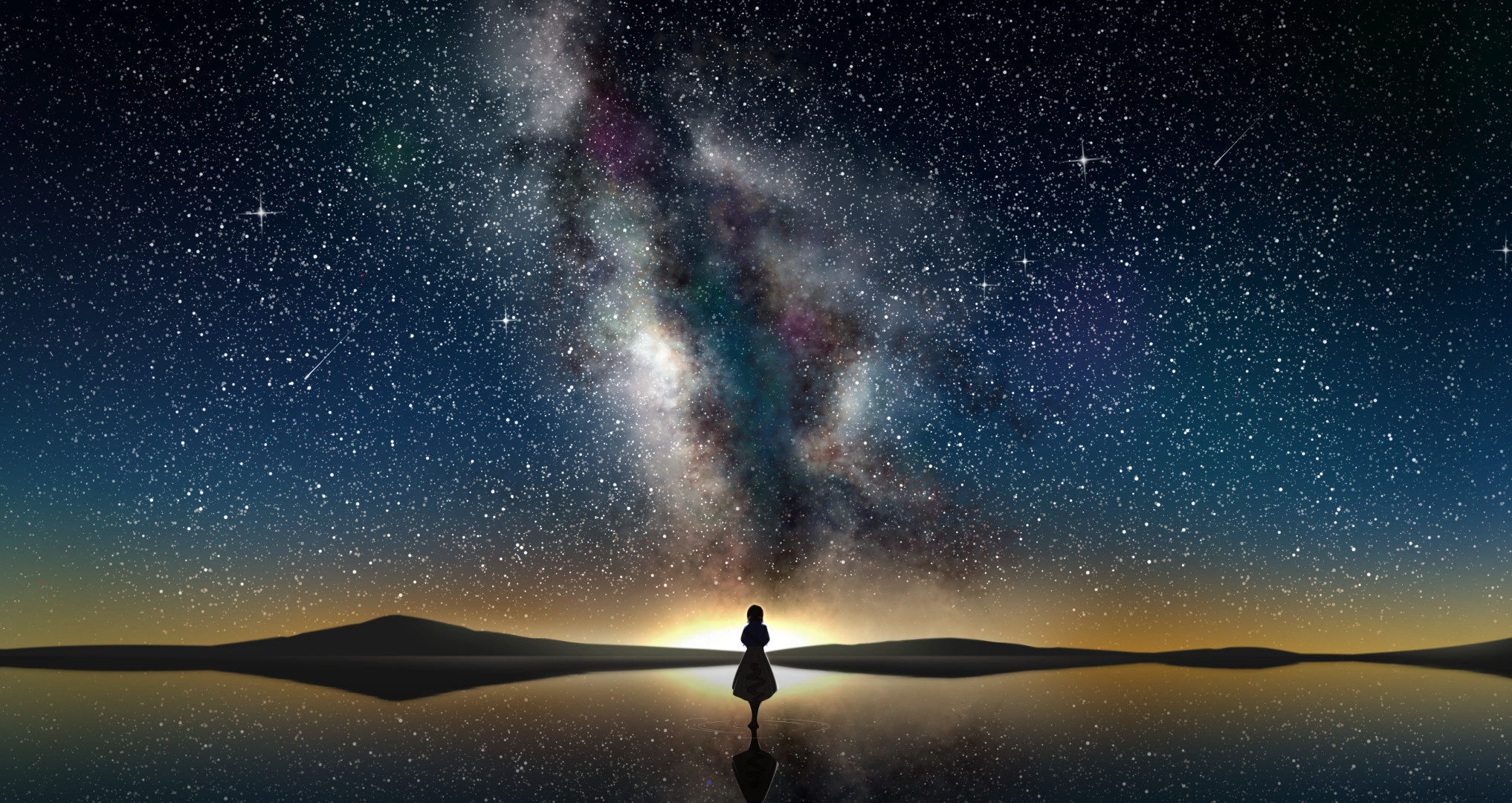

In fact, the articles Crary 1989 and Kohn 2008 both define the spectacle in a way that makes it a distinctly modern phenomenon, combining the views of a number of theorists to consider the origins and nature of today’s society of the spectacle. The remainder of the works focus primarily on the modern period. Of these, Bergmann 1999 provides the best overall introduction to the term, and it is one of the few works that attempts to compare ancient and modern spectacles. Works chosen for this section provide particularly useful discussions of the concept or comparisons of different views on spectacle. The literature on the concept of the spectacle is quite fragmentary, with few works that could be classified as general overviews. In today’s hypermediated society, another important question, raised especially by poststructuralist Jean Baudrillard, is whether there is still a reality that can be distinguished from spectacular constructions of it. An important question today, then, is whether the emergence of new media will undermine this idea of a public that passively consumes spectacles by providing a venue where people can respond to what they see or even circulate their own creations. The importance of reproduced spectacle in the postwar period, as television spread, no doubt strengthened the pejorative connection between spectacle and passivity. The dominant forms of spectacle also change over time poetic performance was an important type of spectacle in ancient societies, whereas modern societies are dominated by reproduced spectacle. The form and political function of spectacle varies by political regime, as there is less point to grandiose displays of power-such as Hitler’s mass marches-in a democratic regime.


No matter what form a spectacle takes, what is most important is that it is watched or seen, with the most spectacular events drawing the largest audiences. This definition includes a range of different visually oriented cultural forms, from live theatrical performances to inanimate museum exhibits to reproduced images in film and television.

In descriptive terms, a spectacle is a public display, or, to be more precise, a public event that is notable for its impressive appearance. But the term need not be reduced to these pejorative or critical uses. More generally speaking, the term spectacle is often employed in a pejorative manner to criticize public entertainments for manipulating the public or distracting it from more-important social and political issues. This is why modern conceptions of the spectacle tend to be associated with a very passive notion of spectatorship. But the difference between a and the spectacle is not a trivial one, as the idea of one system of images implies that individuals have little power to contest dominant constructions. There are debates as to when the era of the spectacle begins, with Debord’s account dating it to the 1920s. As noted in Crary 1989 (cited under General Overviews), however, perhaps Debord’s most significant contribution is to attach the definite article to spectacle, making it appear as an ideologically unified system of images. The concept of the spectacle is most closely associated with the work of French Marxist Guy Debord, who in 1967 characterized postwar consumer capitalism as the “society of the spectacle.” While it is now common to use the term loosely to dismiss visually distracting entertainments, Debord had a very specific definition of the spectacle as a social relationship mediated by advertising and other mass media images.


 0 kommentar(er)
0 kommentar(er)
